Justin Ndangamira, Emergency Unit Manager and Francoise Uwamariya, GBV Officer at Kibuye Hospital
In the wake of devastating floods that swept across Rwanda in May 2023, World Health Organization (WHO) partnered with Rwanda Biomedical Centre (RBC) to empower a crucial group in the emergency response: frontline workers. Organized alongside the nationwide UN Joint campaign “Prevention of Sexual Exploitation and Abuse (PSEA) at the Frontline” during the “16 Days of Activism Against Gender-Based Violence”, this initiative provides essential training to frontline health workers. It aims to heighten their awareness and provide them with the necessary knowledge and skills to identify SEA, thereby transforming them into proactive partners in its prevention.
Sexual exploitation and abuse are extreme forms of abuse of power that cause untold harm to the most vulnerable, and undermine the work of the humanitarian community. Recognizing the critical role of health workers in emergency situations, WHO, in partnership with the Rwanda Biomedical Centre, conducted a comprehensive PSEA training of 267 health workers on PSEA. The training was funded by the Central Response Emergency Fund (CERF) and was conducted in 7 district hospitals located within areas that were most affected by the floods: Rubavu, Karongi, Nyabihu, Ngororero, Rutsiro, Gakenke, and Burera. “Sexual Exploitation and Abuse is too often linked with Health emergencies and other humanitarian crises. Frontline workers are the cornerstone of a successful response to any health emergency, and our partnership with WHO to train them is an important milestone in preventing abuse wherever emergency responders are deployed.” says Prof. Dr Claude Muvunyi, Rwanda Biomedical Centre Director General.
When disaster strikes, health workers are the critical line of defense
Justin Ndangamira, the Emergency Unit Manager at Kibuye Hospital, who played a vital role during the flood response and was one of the trainers of participants testifies “Imagine, during a disaster, people leave behind everything they own, from clothes to sanitary pads. So, now, a young woman, who is expecting her menstruation, is vulnerable to exploitation as she does not have the financial means to buy sanitary pads. So, we must be vigilant in such situations and make sure that those with power and financial means do not abuse or harass the vulnerable in exchange for material needs.” By equipping these frontline heroes with knowledge on PSEA, we not only protect beneficiaries but also foster a culture of respect and accountability within the humanitarian response.
“WHO maintains a strict zero-tolerance policy against all forms of sexual misconduct, which includes sexual exploitation, abuse, and harassment, and any failure to act against such behaviours. Our work places the rights and welfare of victims and survivors at the forefront. Abuse of power and the perpetuation of sexual misconduct by those entrusted to assist not only inflicts harm on the vulnerable but also undermines the credibility of humanitarian efforts. It is therefore imperative to prevent sexual misconduct, ensure perpetrators are held to account, and prioritize support to survivors. Such measures are essential to restore trust and uphold the moral fabric of our endeavors. This training is therefore very important to empower health workers with the tools necessary to prevent sexual misconduct”, says WHO Country Representative in Rwanda, Dr Brian Chirombo,
The training sessions covered a wide range of topics, from understanding SEA and its impact, to identifying and reporting incidents, offering support to survivors, and creating safe and inclusive environments. “Our knowledge of sexual exploitation and abuse prior to training was very inadequate for us to help prevent SEA. This training enabled us to identify the weaknesses in our past interventions, things that our eyes were not open to.” says Francoise Uwamariya, the Gender-Based Violence Officer at the Isango One Stop Center of Kibuye Hospital. “We also discovered the need to sensitize and teach all the different institutions that intervene in situations of disaster as it is possible that some of their staff can abuse their power and privilege to sexually exploit thee vulnerable.”

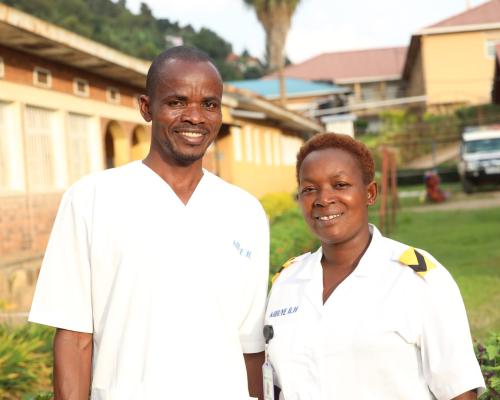
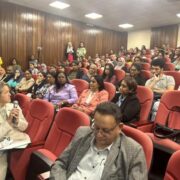
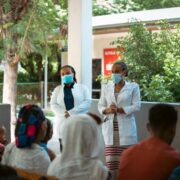
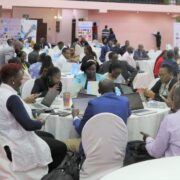
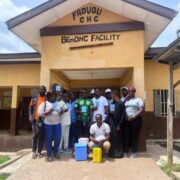
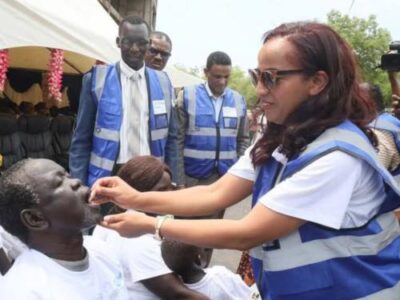
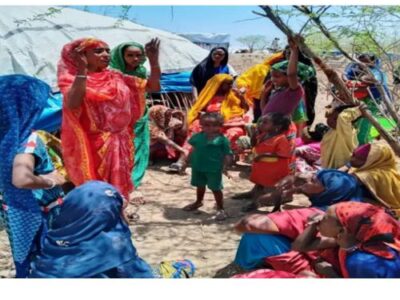
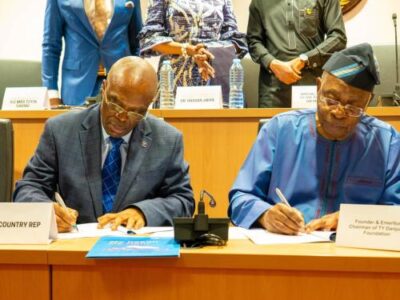

Comments